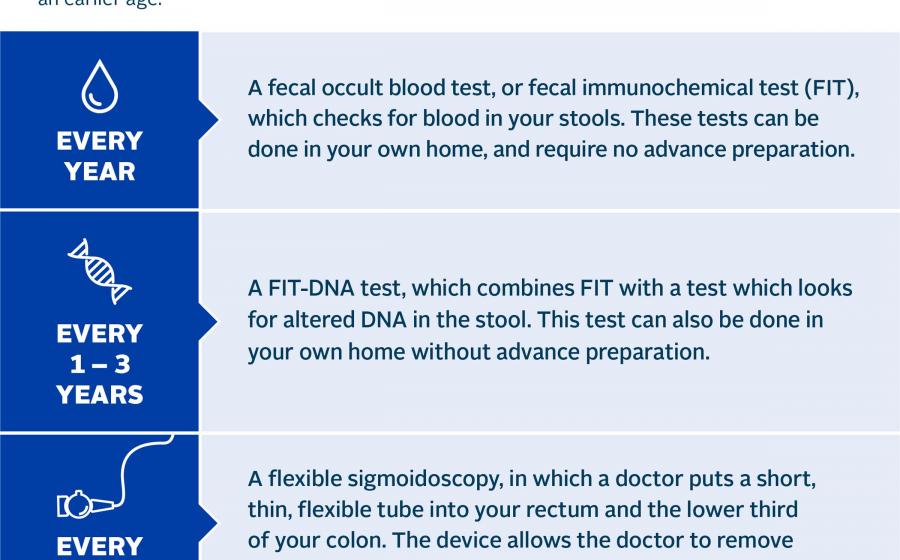Flower Essence Remedy Saves Your Pet From Summer Stress
(NewsUSA) - Does your pet race for the nearest corner, or hide under the bed when a thunderstorm strikes? Does he or she panic when it’s time to get in the car, or when home alone for an extended time? Weather, travel, and separation are just a few of the possible causes of stress in pets.
- Does your pet race for the nearest corner, or hide under the bed when a thunderstorm strikes? Does he or she panic when it’s time to get in the car, or when home alone for an extended time? Weather, travel, and separation are just a few of the possible causes of stress in pets.
In addition, the celebratory 4th of July fireworks, while beloved by their owners, are cited as the top cause of stress in pets, according to a survey of approximately 1,000 pet-owning adults in the United States
Pet stress is a common problem that leaves many pet owners puzzled and searching for solutions. However, homeopathic products that relieve stress in people can have a similar effect in pets. In a survey conducted by Wakefield Research, well over half (56 percent) say they would use a natural, herbal or homeopathic product to relieve their own stress, and more than half of them (51 percent) say they would offer such products to their pets, while 44 percent said they would use natural remedies for themselves and their pets.
Bach Rescue Remedy Pet drops are a safe, simple option for relieving many types of stress in pets. The homeopathic formula is designed for use before, during and after a potentially stressful event, such as thunderstorms, fireworks, visits to the vet and groomer or a trip on an airplane.
Bach Rescue Remedy Pet contains a blend of five flower essences selected for their stress-relieving properties:
- Cherry Plum: for composure & holding back on impulses
- Clematis: for livelier, focused behavior when inattentive
- Impatiens: for calm & composure when lacking self-control
- Rock Rose: for courage during times of panic or terror
- Star of Bethlehem: for easing after effects of trauma or mistreatment
Formulated with just flower essences, vegetable glycerin, and water, Bach Rescue Remedy Pet drops are free of sedatives, CBD/hemp, sugar and artificial flavors and colors. One dose (four drops) can be given with food, treats or water as often as needed, and used alongside other pet health and wellness products including prescription medications. “It’s important to anticipate the stress your pets may feel in certain situations and get out ahead of it,” says Cathy Madson, a pet expert at Preventive Vet and spokesperson for Bach Rescue Remedy Pet.
“We all know what will be happening the evening of July 4th, which means we can be proactive in reducing noise-related stress. I recommend offering Bach Rescue Remedy Pet starting several days in advance in your pet’s water, on treats or directly in the mouth to begin the calming effect before the fireworks ever begin,” she advises.
“This also holds true for preparing for an impending thunderstorm, grooming or vet visit, leaving them home alone or while traveling.”
Bach Rescue Remedy Pet drops can be used by dogs, cats, horses, birds, rabbits and lizards of all ages, weights and breeds. The duration of stress relief depends on the pet and the situation. Stress relief for sudden situations, such as neighborhood fireworks, may be immediate, while relief from separation anxiety may take longer. For extended periods of stress relief, the company recommends adding drops to your pet’s water.
Bach Rescue Remedy Pet is regulated by FDA, categorized under homeopathic drug, and is manufactured to comply with the Good Manufacturing Practice guidelines.
Don’t let your pet suffer from stress this summer, or at any other time of year.
Visit rescueremedy.com to learn more.



 - The ongoing pandemic has highlighted the importance of keeping your immune system strong and healthy, according to Leonard A. Farber, MD, a healthcare executive and expert in emerging technologies and their impact on public health.
- The ongoing pandemic has highlighted the importance of keeping your immune system strong and healthy, according to Leonard A. Farber, MD, a healthcare executive and expert in emerging technologies and their impact on public health. 
 - Colorectal cancer remains the
- Colorectal cancer remains the 
 - Many older adults would prefer to remain in their own homes as they age, but a lack of affordable options makes this plan a challenge for individuals and their families, according to results of a new survey of more than 1,700 caregivers and other respondents in two rural California counties.
- Many older adults would prefer to remain in their own homes as they age, but a lack of affordable options makes this plan a challenge for individuals and their families, according to results of a new survey of more than 1,700 caregivers and other respondents in two rural California counties. 
 - Now that we’re halfway through 2022, it’s important that people with Medicare re-evaluate what is included in the Medicare Advantage health plans they selected to ensure they’re maximizing their coverage throughout the year.
- Now that we’re halfway through 2022, it’s important that people with Medicare re-evaluate what is included in the Medicare Advantage health plans they selected to ensure they’re maximizing their coverage throughout the year.
 - When was the last time you thought about the health of your nails? In fact, healthy nails are not only attractive, but they are also important to overall health.
- When was the last time you thought about the health of your nails? In fact, healthy nails are not only attractive, but they are also important to overall health. 
 - Sometimes an egregious wrong gets righted.
- Sometimes an egregious wrong gets righted.  -
-  “Grocery Girl”
“Grocery Girl” “Bed of Rose and Thorns”
“Bed of Rose and Thorns” “Diet for Great Sex: Food for Male and Female Sexual Health”
“Diet for Great Sex: Food for Male and Female Sexual Health” “Gut Feelings: The Patient’s Story”
“Gut Feelings: The Patient’s Story”
 - In a landmark Memorandum of Understanding (MOU) signed on May 17, 2022, by Mitch Carmichael, the Secretary of State for Economic Development of West Virginia, and Yong Soo Jun, Chairman of UNDBIO, Inc. the State of West Virginia agreed to provide fiscal, tax, and other incentives to promote UNDBIO’s production of insulin in West Virginia. Secretary Carmichael also pledged to work with state, county, and local officials to promote UNDBIO’s insulin production.
- In a landmark Memorandum of Understanding (MOU) signed on May 17, 2022, by Mitch Carmichael, the Secretary of State for Economic Development of West Virginia, and Yong Soo Jun, Chairman of UNDBIO, Inc. the State of West Virginia agreed to provide fiscal, tax, and other incentives to promote UNDBIO’s production of insulin in West Virginia. Secretary Carmichael also pledged to work with state, county, and local officials to promote UNDBIO’s insulin production.  - The pandemic created a major shift in the way people consume - and, more importantly, trust - information, especially as it relates to vaginal health. In fact, a
- The pandemic created a major shift in the way people consume - and, more importantly, trust - information, especially as it relates to vaginal health. In fact, a 




